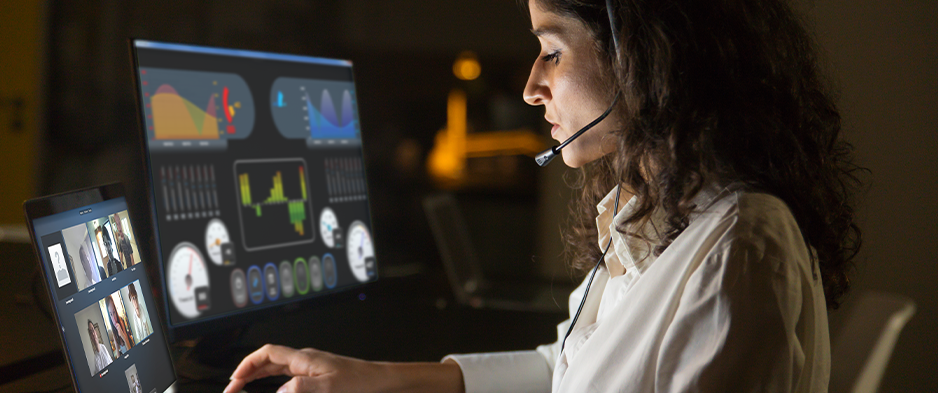As we try to quantify the impact of coronavirus on the economy and on the turnover of companies, the realization is settling: work and production after COVID-19 will inevitably change.
The search for a cure – a strategic one, in this case – to overcome the current situation is underway. The rule is clear: evolve to survive. And although no one will come out of this immune, some companies will be able to adapt so as to maximize their productivity in the new context.
How industrial activity will change after coronavirus
The unprecedented peak of smart working in these months is a sneak peak of what will happen in Industry 4.0 after the coronavirus. The decentralization of work and the overcoming of the concept of workplace as a physical space are destined to enter the corporate culture, with growing and definitive changes.
From lifeboat, remote working has become a stable and familiar business model. Its effectiveness has been tested globally, and today more than ever it seems the most promising path. A new standard, to be exploited not only in time of need, but also in the long term. This is why the growth of the company digitalization process at all levels is inevitable.
This process, however, needs an upgrade of the utilities for remote connection (such as ESA’s Everyware) and their integration with smart working platforms (Teams, messaging, Skype for business, etc.). This will support the implementation of an increasingly stronger system of prevention and remote operation, for a smart and safe future of the industrial sector after the coronavirus. For this to happen, it is also necessary to invest in training, which will play a key role in accelerating towards a more digital Industry 4.0.
Coronavirus and Industry 4.0: a process already underway
Digitization, remote assistance, connectivity: these are not new concepts in Industry 4.0. In fact, these are the very same elements that define the fourth industrial revolution.
The solution to the crisis is already written in the Industry 4.0’s DNA. The challenge is to support a more immediate, short-term and extended implementation of the existing expectations about the future of industry.
The luxury of resisting change has gone. The entire industrial sector is called to transform. But from the need to adapt and embrace digitalization, opportunities can also arise. This new crisis might be the trigger for a step forward in the evolution of our sector.

